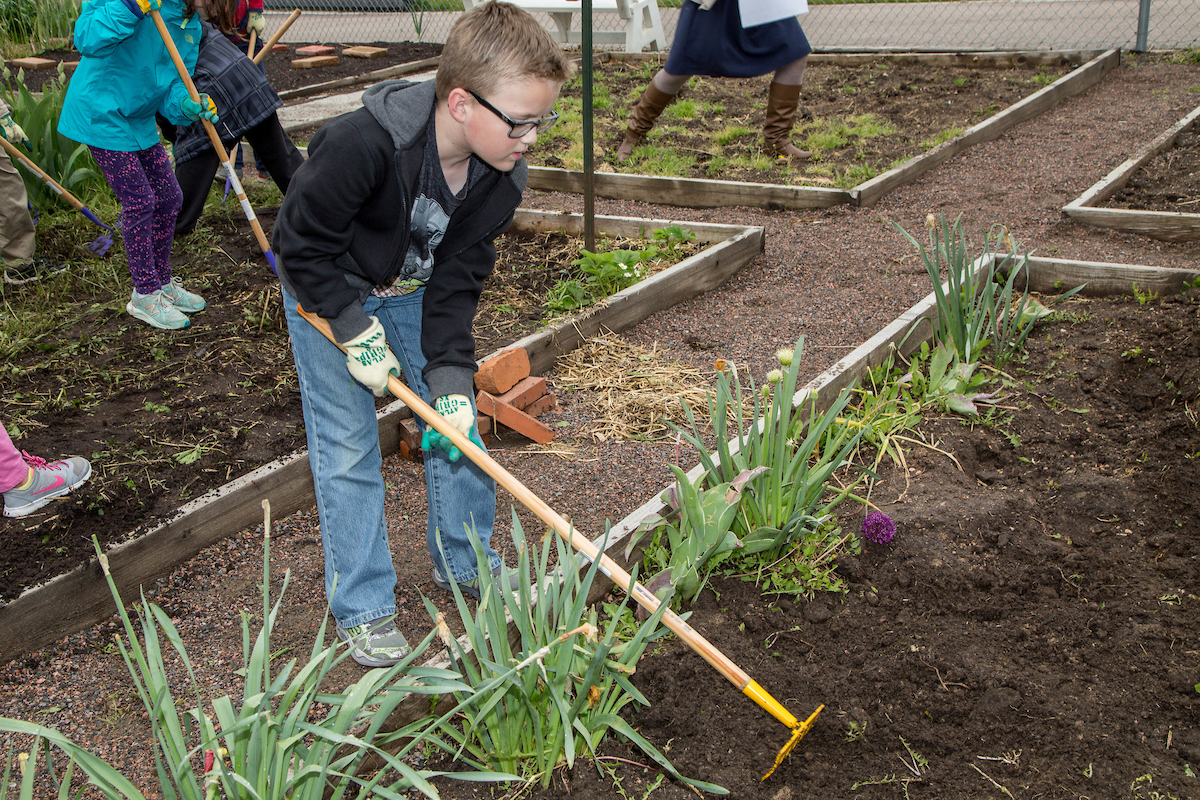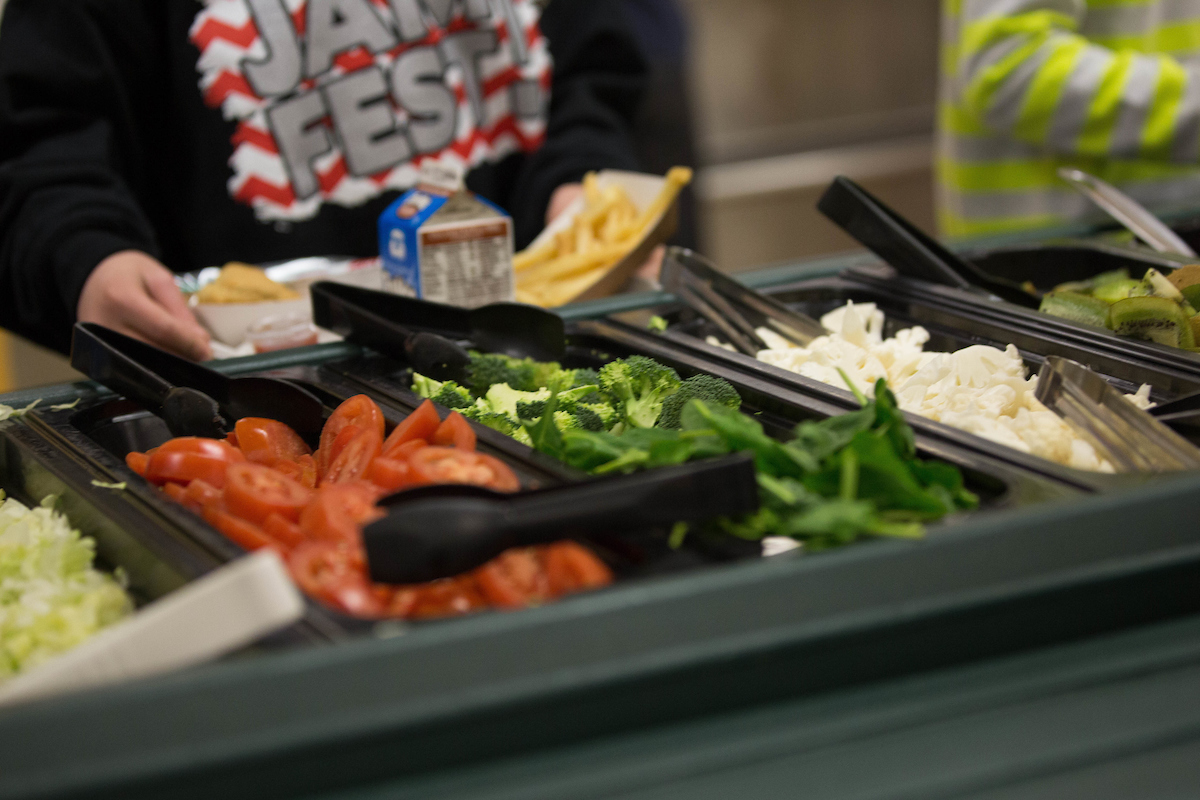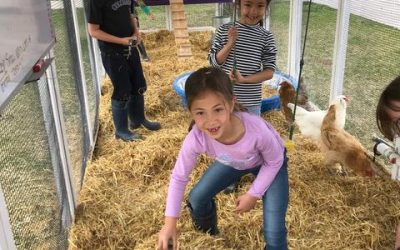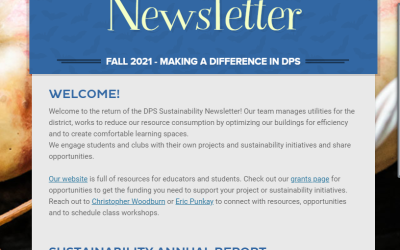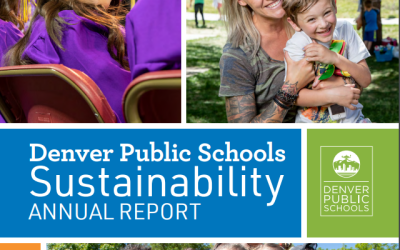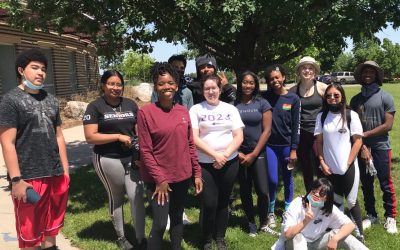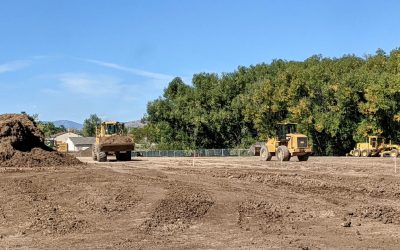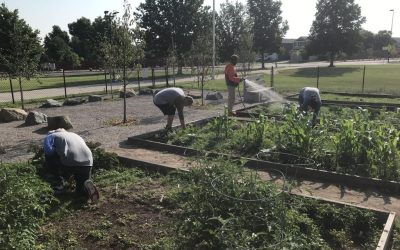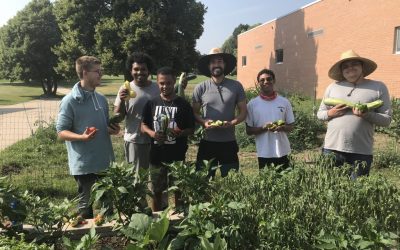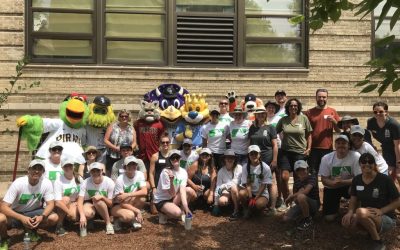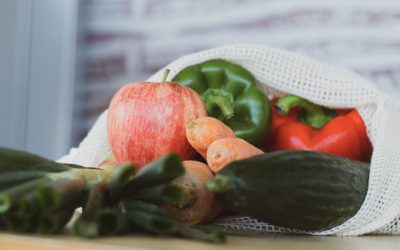Wellness Initiatives
DPS GOAL:
Reduce natural resource consumption and waste year-over-year.
Map Highlight
Explore How We’ll Get There
Gardens
Gardens – Grow & Learn Together
5-Year Goal: 100 gardens are active and produce 100 pounds or more of harvest per year.
Learn How
Greenhouses
Greenhouse Complex – A Bountiful Harvest
5-Year Goal: 50% reduction in tomatoes purchased commercially to be produced by the Glenbrook Greenhouse.
Learn How
Nutrition Services
Share with a Locavore
5-Year Goal: Develop a comprehensive nutrition education plan that is used at 100% schools for all grade levels.
Learn How
The map shows schools with gardens on site. These gardens provide fresh food and outdoor learning experiences for students. Click on one of the vegetable icons in the map below to display a link to the selected garden’s website and the contact information for the garden leader. Website and contact information are not available for some gardens.
Active DPS Wellness Initiatives
Active DPS Wellness Initiatives
Gardens – Grow & Learn Together
5-Year Goal: 100 gardens are active and produce 100 pounds or more of harvest per year.
With a program managing nearly 100 active gardens, DPS leverages their unique focus on gardens to connect their community with nature and nutritious food. By introducing students to agricultural and local food systems, DPS hopes to equip their students with the nutritional, physical, and mental health tools for a healthy holistic adulthood.
Greenhouse Complex – A Bountiful Harvest
5-Year Goal: 50% reduction in tomatoes purchased commercially to be produced by the Glenbrook Greenhouse
The DPS Glenbrook greenhouse complex will expand capacity and increase tomato yields year-after-year. Yields will be tracked and improved based on the results. This tracking and improvement will be incorporated into curriculums such as math and science. All produce will be utilized by the DPS community.
Palmer Elementary
Nutrition Services – Share with a Locavore
5-Year Goal: Develop a comprehensive nutrition education plan that is used at 100% schools for all grade levels.
Combat climate change with multiple cafeteria and lunchroom improvements! Food waste can be reduced by identifying which items are commonly thrown away and go unused. Sourcing ingredients locally, including from school gardens, will reduce the overall carbon footprint of operations. Finally, creating share tables and refrigerators for unwanted or unused food and beverages will also reduce waste.
Samuels Elementary
Recent Wellness Headlines
Cory Elementary Embraces the Whole Child, Whole Chicken and Whole Food!
by Skeeter Buck For the past several years, Cory Elementary — its students, teachers, and parents have collaborated utilizing a school-based...
Fall 2021 Sustainability Newsletter
Welcome to the return of the DPS Sustainability Newsletter! Our team manages utilities for the district, works to reduce our resource consumption by...
Read the 2020-2021 Sustainability Annual Report
DPS Sustainability has been working hard to have an impact on our schools, community and beyond. Conserving resources, saving the district and...
Lincoln Hills Cares Interns Jumpstart DPS Gardens and Farms
Lincoln Hills Cares works to develop the next generation of youth leaders through outdoor education, recreation and improving our community. Lincoln...
Stephen Ritz of Green Bronx Machine visits Denver Green School
Stephen Ritz connects food justice with social justice. Educator and author, Stephen Ritz, visited Denver Green School to share his experience...
DPS Breaks Ground on New Five-Acre Greenhouse Facility
Oct. 04, 2021 by Will Jones – Director of External Communications First district-based commercial greenhouse in nation to grow “salad bowl” items...
Denver Public Schools Gardens Grow Produce for our Community
Our gardens have never produced more food for our students, schools and community than the summer of 2021. Working alongside community partners...
Garden of Youth Marks it’s 10th Anniversary
Interns at Maxwell ES tend the garden while learning job skills. After cancelling all summer programming in 2020 due to COVID-19, Garden of...
Volunteers Make all the Difference in our Gardens
As COVID-19 continued to impact our schools and gardens through summer 2021, volunteers and community partners rose to the occasion, coming together...
Maxwell Elementary receives Westerra grant
Jessie Whaley Maxwell Elementary School received a Westerra Credit Union grant to renovate the school garden and add perennial fruit and vegetable...








